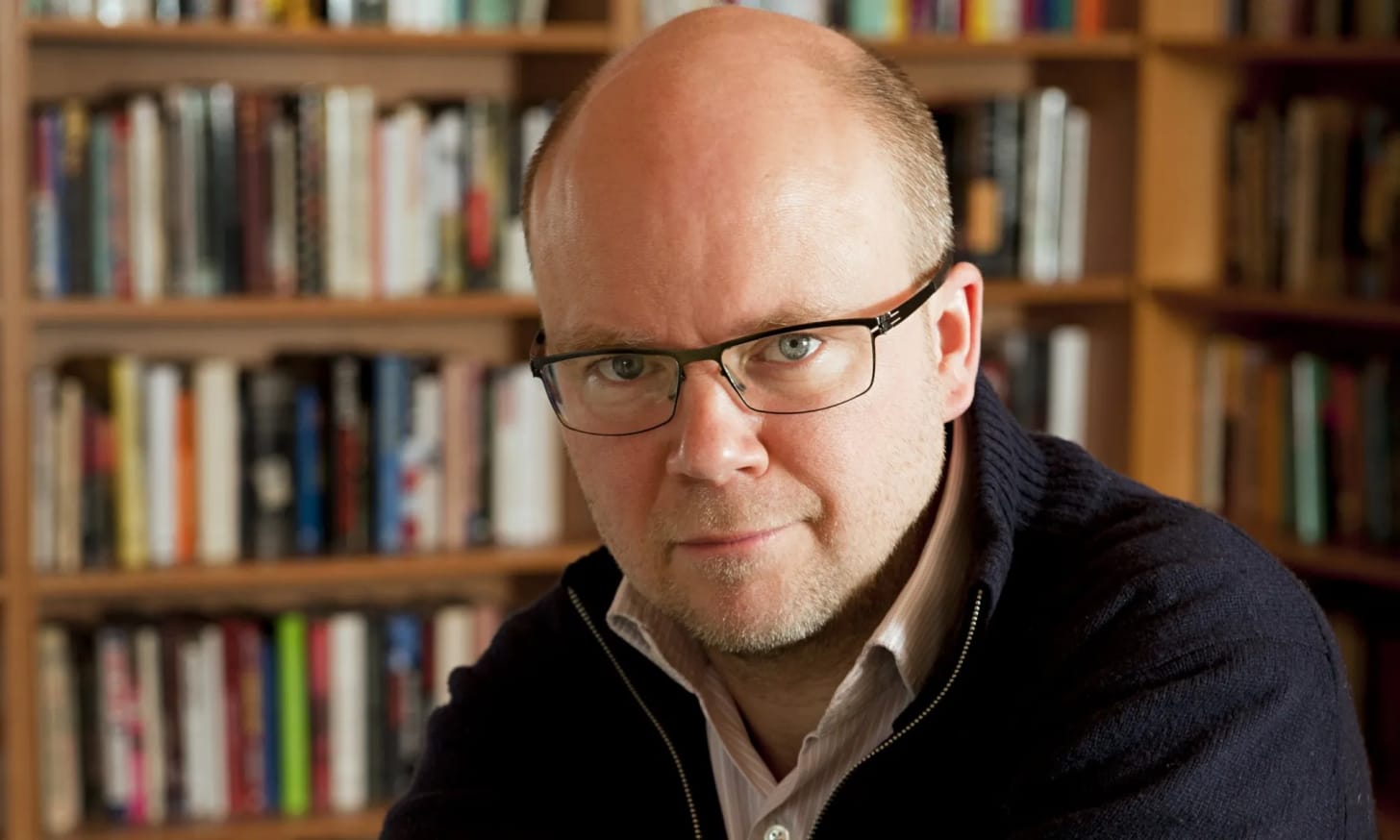Since studying at Oxford - following an accidental acceptance - he has written for nearly every major British newspaper, from The Daily Mail, to the Telegraph, to The Sun, the Spectator (where he remains associate editor), and his time at Vanity Fair was detailed in his best-selling memoir, How To Lose Friends & Alienate People (later adapted into a film starring Simon Pegg). In 2020, weeks into the COVID lockdown, he created The Daily Sceptic - today, the website continues to publish dissident journalism, particularly on issues of censorship and British politics. He is also the founder and director of the Free Speech Union, and last year, he was nominated for a life peerage by Conservative leader Kemi Badenoch.
Why did we invite him on?
More and more, The Online Safety Act is coming into effect. Initially passed in 2023, the law has since expanded and, on the 29th of July, access to adult sites required proof of age. That alone may not sound serious, but the act itself has been, from the shadows, shaping public life and political discourse.
The bill is full of amorphous language and nebuluous terms - the average person couldn’t hope to understand what is and isn’t crossing the line of criminality. As the man behind the Free Speech Union and a naturally gifted orator, Toby is exactly the person we wanted to explain the importance and nature of the act. We got that, and it may well be worse than we thought.
What did we learn?
”They’re too busy policing our tweets to police our streets.”
The British government is spoilt for problems to solve at the moment. Which is why
it’s so curious that many politicians have decided that controlling the internet is their primary concern. As Toby explains, a collection of MPs decided that their noble pursuit would be to “make Britain the safest place on Earth to go online.” It doesn’t sound so troubling until you consider what that means. Safety is traded for liberty, and the only way to make a “safe” internet is to control it. If one looks to other countries for an analogue, they might quickly realise it isn’t as rosey as it’s pitched.
”It sounds anodyne, but what does that mean? Safer than North Korea? Safer than China?”
Of course, proponents of the bill don’t see it this way. While they may approve of censorship and other measures that protect the feelings of internet users, there’s also the very real problem of child safety. Nearly every child in Britain has access to the internet, and many stumble upon extreme pornography, self-harm content, and depictions of violence without even trying to. If that can be mitigated, shouldn’t it? Isn’t that exactly the sort of thing a government should do?
”It’s hard to object to the ambition of wanting to protect children. But the bill wasn’t just about protecting children. Initially, it was also about protecting adults from ‘legal and harmful content’. Why should adults have to be protected? And why should a senior politician be tasked with designating what websites and social media platforms are obligated to remove?”
Toby also suggests that this kind of thinking is overly simple. ‘If children don’t see bad things, they won’t do bad things’. A perfectly happy, well-adjusted child might encounter suicidal ideation material and, well, act. This, Toby argues, is misleading, and again points to authorities putting their heads in the sand.
”They blame everything on ‘exposure’. It’s a form of avoidance - an unwillingness to think deeply about why terrible things happen. And this idea that the state has a duty to protect children from harmful content. The state might have some responsibility, but is that not the role of parents? Shouldn’t that be up to the parents?”
It’s not just an authoritarian overreach - it’s a dangerous precedent. Britain may not have a constitution like other Western democracies, but it has a distinct tradition of law - one that underpins the entire liberal enterprise.
”[This bill] is a breach of a sancrosanct principle of British liberty - ‘if something isn’t prohibited, it’s permitted’. If it isn’t explicitly illegal, it’s legal. That cuts against the more European approach [which infers the inverse]. This law has created a grey area, whereby it’s not technically illegal, but it’s still prohibited.”
What’s more, it’s an invasion of privacy. If we have to declare our identities to every website we use, we can always be found. Toby’s organisation helps and represents hundreds of people who have faced prosecution for their internet activity. What does he think?




